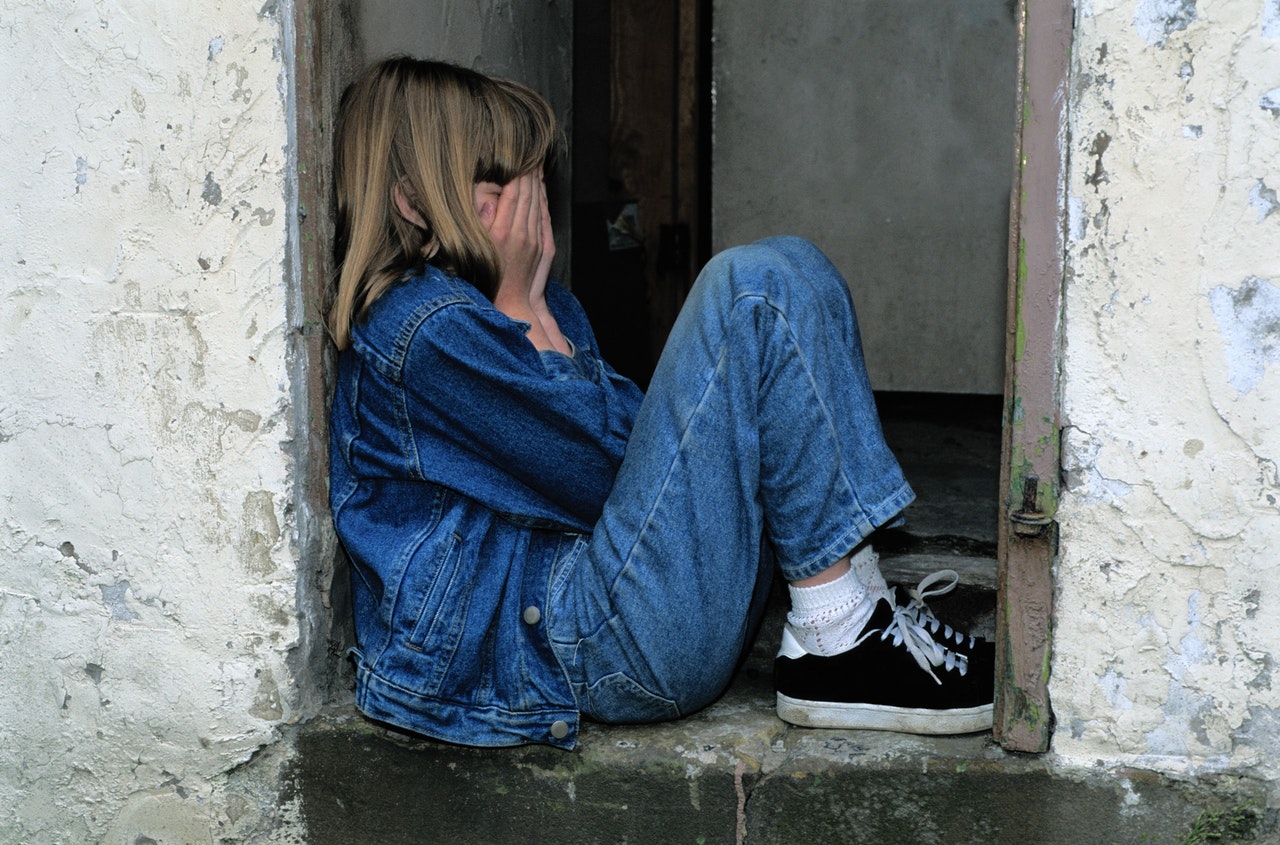Signs of depression often appear differently in children compared to adults. In fact, they may be hard to recognize. This is why it’s important to be familiar with possible symptoms your child might be experiencing.
When your child exhibits significant changes in attitude, behaviour, and daily routine, it could be a sign of depression. Monitor the following symptoms for signs of depression in your child:
Withdrawal from Others
In younger children, depression can affect the way they behave and interact with others. Withdrawn behaviour is the most common sign of depression in children and adolescents. This can manifest in your child no longer wanting to participate in certain activities, make new friends, or spend time with family. Some children will even express the desire to be left alone.
Problems with Concentration
A primary symptom of depression in children is a change in concentration and a decrease in overall productivity. As a result, your child may have difficulty focusing on specific tasks, performing homework, and coping with stress.
For example, some children may require more time to complete assignments due to inattention. Other children may have difficulty staying on task during group activities and lose track of what the teacher says.
Feelings of Hopelessness and Worthlessness
For children and teens, depression can manifest itself in feelings of hopelessness and worthlessness. If your child begins to feel that life is not worth living, they may start to contemplate suicide. In some cases, children may also become reckless and engage in self-destructive behaviours, such as cutting or other forms of self-mutilation.
Sleep Changes
A lack of sleep is another common sign of depression in children. This may make your child sleepy during the day and unable to perform normal daily activities. Depressed children may also experience difficulty falling asleep at night. This can lead to excessive daytime drowsiness and poor concentration.
Unexplained Physical Symptoms
Some children may experience unexplained physical symptoms as a result of depression. For example, your child may appear sad and complain of frequent headaches, fatigue, or stomachaches. In some cases, children can also suffer from unexplained physical symptoms, such as bedwetting or stuttering.
Lack of Appetite
Another common sign of depression is a lack of appetite. Because your child is not feeling well, they may not have an appetite. Lack of appetite can lead to malnutrition and can have a negative impact on physical and emotional health.
Lack of Interest in Hobbies and Activities
Often, a significant indicator of depression in children is a lack of interest in hobbies and activities. Your child may not want to participate in activities that were once enjoyable, such as sports, hanging out with friends, or playing music. Your child may lose interest in long-term goals and experience a sense of hopelessness and despair.
Irritability
When your child begins to experience depression, it can lead to more frequent bouts of anger and irritability. This may cause your child to act out, lash at others, and display aggressive behaviour.
Conclusion
Depression is a serious mental health concern that can impact children of all ages. If you believe your child may be exhibiting signs of depression, it’s essential to seek professional help as soon as possible. By seeking professional help early, your child will be able to receive the appropriate care and treatment that they need.
Are you looking for depression counselling in Calgary? Rely on Virtuous Circle Counselling. We offer adolescent counselling, occupational therapy, and many more. Book an appointment now.


